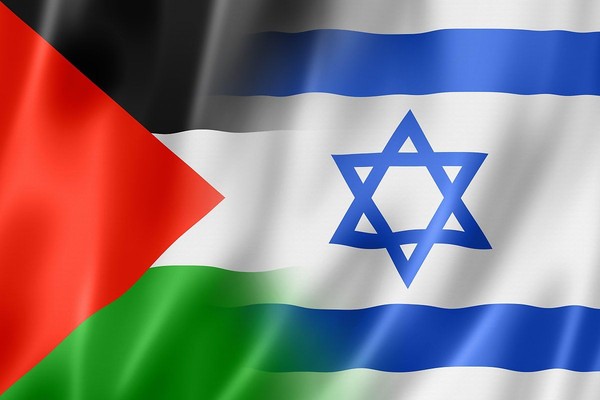
An Indestructible Chain of Conflict1)
An armed conflict between Israeli forces and a Palestinian armed group continued from August 5 to August 7. Israel has pushed forward with its arrest operations against key personnel of the terrorist group. The conflict was triggered by Israel's response to attacks by a Palestinian armed group early this year. Israel arrested Basami Al-Saidi, a senior leader of the armed group 'Pala Islamic Jihad' (PIJ), in the Palestinian Authority (PA) in the West Bank on August 2. Israel closed roads near the Gaza Strip on August 5 and used fighter jets to raid Gaza to prevent PIJ activities and destroy PIJ-related facilities. In response, the PIJ fired hundreds of rockets at large cities including in southern Israel and Jerusalem. Then, the Egyptian delegation visited the Gaza Strip on August 6 to hold arbitration talks with the aim to ease the armed conflict between the two sides. Egypt's delegation proposed a cease-fire on August 7, and the conflict was halted as both sides agreed to it. At least 49 people, including 17 children, were killed in Palestine as a result of this armed conflict. Meanwhile, a week after this cease-fire, a terrorist shooting occurred in Jerusalem. At least eight people were injured when a man opened fire on a bus in the old city of Jerusalem. The scene of the shooting was near the western wall in the old city of Jerusalem, a common holy place for Islam, Judaism, and Christianity.
The conflict between Israel and Palestine is a recurring political-military conflict, but there are deep-rooted historical and emotional enmities with a number of problems between them that cannot be agreed upon. Examples include the problem of Palestinian refugees, the remaining Jewish settlements in Israel's occupied West Bank, and the sharing of Jerusalem. There is also the question of whether Palestine should be made a state. The suffering and tragedy of the Jewish people, the problems of the identity of the nation fiercely discussed in the process of Israel's founding, should also be solved. One of the reasons why the conflict cannot be easily solved is the internal division of Palestine. Palestine is divided into the hardliners of the Hamas-controlled Gaza Strip and the moderate Fatah-controlled West Bank, where internal competition between Fatah and Hamas continues. The Oslo peace process, which began in 1993, eventually collapsed without agreement due to the failure of Camp David negotiations in 2000 and the conflict caused by the outbreak of the Second Intifada in 2001. Donald Trump, the U.S. president in 2020, also presented a Middle East peace plan, Israeli Prime Minister Benjamin Netanyahu welcomed, calling it a "deal of the century," but the Palestinians rejected it, saying it was biased. Various organizations and figures have tried to restore relations between Israel and Palestine, but this has all failed. After the ceasefire of the armed conflict in May 2021, Bloomberg said, "This ceasefire cannot fundamentally resolve the religious and ethnic conflicts between them, so there is a possibility of another conflict in the future." It is expected that it will be difficult to advance the relationship for the time being.
1) Cho Heeyeon, "Unconditional Ceasefire," Israel and Hamas, A Roar of guns stopped in 10 days", Money S, May 21, 2021


